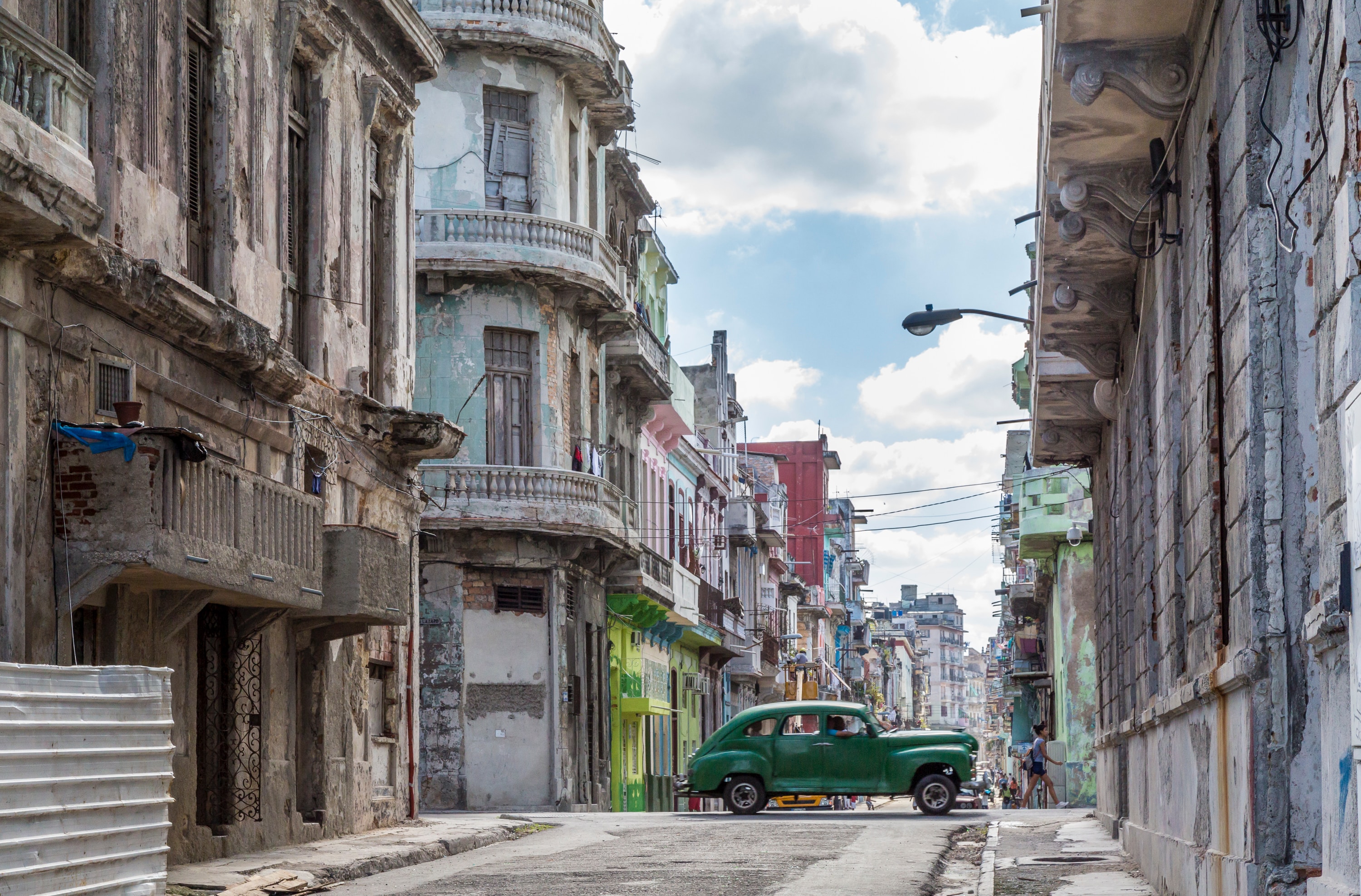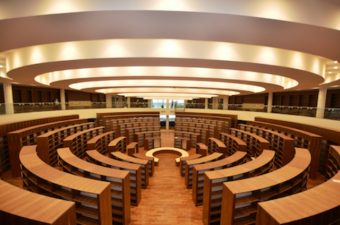The Abu Dhabi Fund for Development (likened to USAID and the UK and German’s foreign aid) announced last week that it will provide renewable energy loans to 8 projects around the world. The projects will go to building resilience, mainly in island communities which will be able to repay the loans after the renewable energy projects go online. The Abu Dhabi Fund is partnered with IRENA, a global entity that assesses renewable energy opportunities and expectations from countries to stop climate change.
Among the recipients are the island nations of Antigua, Cuba and Barbuda, but also the Maldives and Nepal. The full list is below. Like any nation seeking allies it is commendable that the fund went outside of the Middle East region, even though so much is needed here.
Funding sustainable development
Investing in renewable energy in developing countries especially is important – it helps them secure low-cost capital to increase energy access, improve livelihoods and advance sustainable development on the ground. Once the facilities are starting jobs in all sectors will be affected but no doubt a range of renewable energy jobs will be offered at these 8 new projects.
“Today’s announcement re-affirms the UAE’s and ADFD’s leading efforts to combat the effects of climate change by stimulating robust development across the global renewable energy sector,” said Mohammed Saif Al Suwaidi, Director General of ADFD.
“The Fund’s commitment to this priority has enhanced long-term growth prospects and yielded socio-economic benefits for millions of lives in line with the national objectives of the beneficiary countries,” he added.
Francesco La Camera, Director-General of IRENA, said: “Overcoming investment needs for energy transformation infrastructure is one of the most notable barriers to the achievement of national goals.
“Therefore, the provision of capital to support the adoption of renewable energy is key to low-carbon sustainable economic development and plays a central role in bringing about positive social outcomes.”
The 8 renewable projects in solar, wind and biogas
In Antigua and Barbuda, an 8 MW hybrid power plant (solar and wind) will receive an ADFD investment of US$15 million. The project is expected to benefit 5,500 households and allows for large reductions in the import of fossil fuels.
In Burkina Faso, an ADFD loan of US$5.5 million will contribute to the construction of a 3 MW solar PV power plant in the country. The project is expected to extend electricity to approximately 40,000 people in rural areas.
In Chad, the ADFD loan of US$15 million will contribute to the construction of a six MW solar power plant. The project is expected to benefit more than 215,000 people in six cities.
In Cuba, a project will receive an ADFD loan of US$20 million to install 8.5 MW of solar PV capacity, supported with 2 MW of energy storage, in Isla de la Juventud. The project will benefit 32,300 people, aims to support the energy sector, decrease fossil fuel consumption, reduce the level of carbon emissions and secure energy consumption from renewable and sustainable sources.
In the Maldives, a waste-to-energy plant project in the city of Addu will receive an ADFD loan of US$14 million. The 1.5 MW renewable energy project will utilise waste in generating electricity and reduce dependence on imported fuel benefitting 35,000 people.

In Nepal, a project will receive an ADFD loan of US$10 million to support a total of 20 biogas digesters which will serve as demonstration units to 270 municipalities. The digesters will convert organic waste into useful energy and offset the use of fossil fuels by replacing it with renewable natural gas.

In Saint Lucia, the 10 MW Troumassee solar power station, battery storage and setting up solar energy systems in the country, will receive an ADFD loan of US$15 million. The venture will support the whole population, economic development, advance the implementation of Saint Lucia’s national energy policy and reduce diesel fuel consumption.
In Saint Vincent and the Grenadines, an ADFD loan of US$10 million will support the installation of a 7 MW solar PV project and benefit 2,444 households. The renewable energy venture aims to reduce carbon emissions, fossil fuel consumption and operating costs.
Since the first cycle selection of projects in 2014, ADFD has successfully funded 32 renewable energy projects across the world, covering up to 50 per cent of the total project costs.
They will bring 200 MW of renewable energy capacity online and empower over seven million people with access to electricity, significantly improving their livelihoods. Spanning Asia, Africa, Latin America and Small Island Developing States, the projects encompass a broad spectrum of renewable energy sources – wind, solar, hydro, geothermal and biomass – and technologies.
Since its inception in 1971, ADFD has financed hundreds of development projects in the renewable energy sector around the world worth US$1.187 billion (AED4.4 billion). Driving the objectives of the United Nations’ SDGs, these projects have contributed to the production of more than 2,500 MW of renewable energy in 60 countries.



